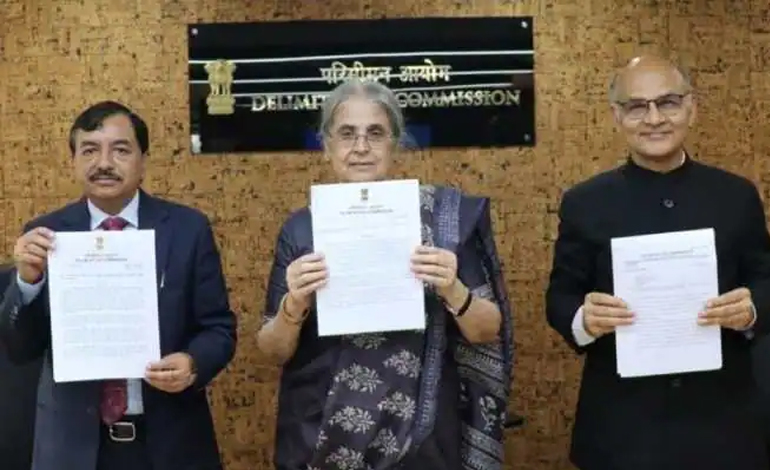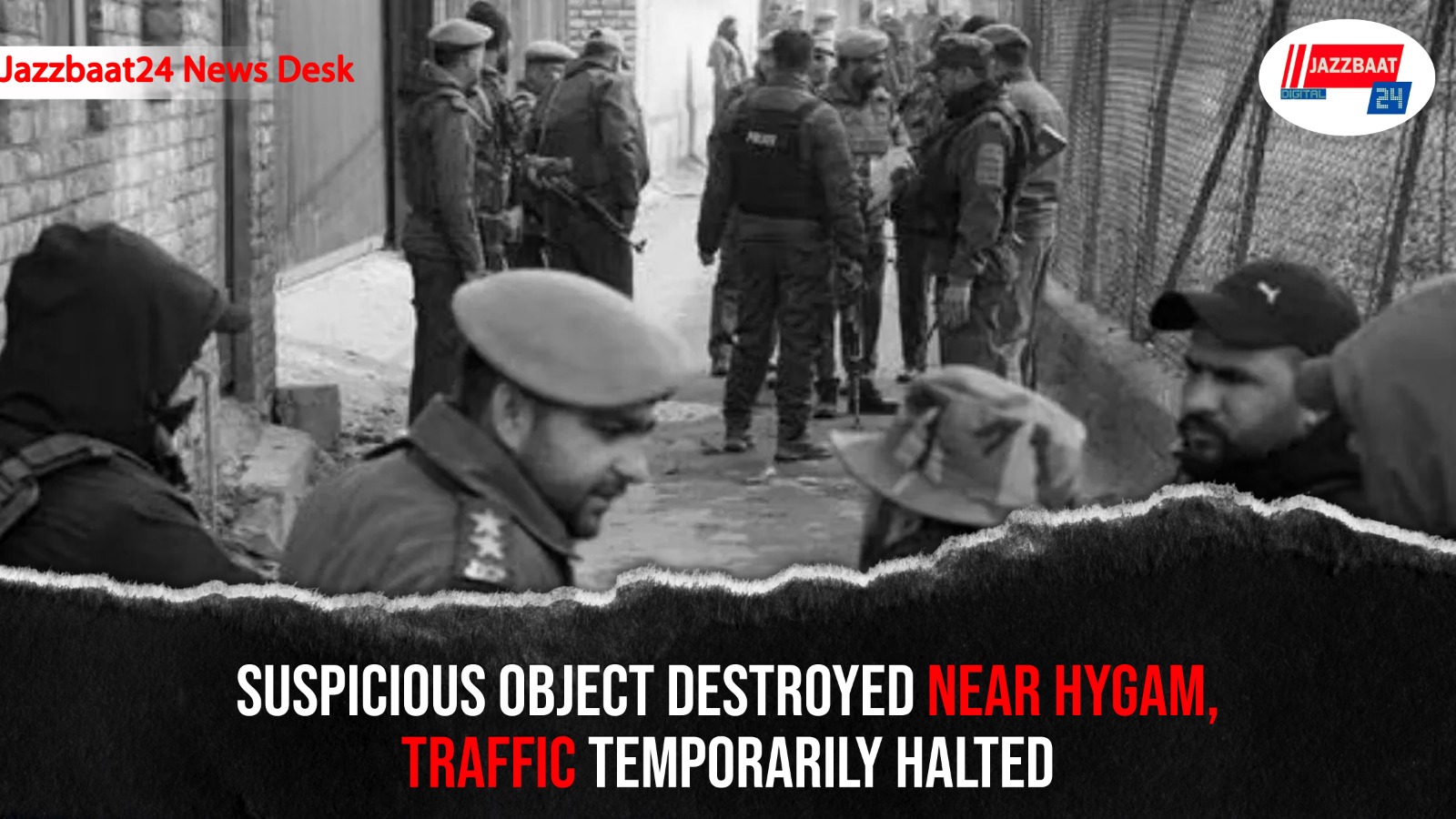The Jammu and Kashmir Delimitation Commission has signed its
final ruling on the reorganisation of assembly seats in the union territory.
The panel was tasked with redrawing assembly and parliamentary constituency
boundaries in Jammu and Kashmir. They turned in the final draught today (March
5). This means that the Valley's long-awaited assembly elections will be held
soon.
In March 2020, a three-member delimitation commission for
J&K was established for a year, led by former Supreme Court judge Ranjana
Prakash Desai. The panel was then granted a one-year extension by the Central
government on March 3, 2021, and a two-month extension by the Central
government in February of this year. As ex-officio members, the commission
includes chief election commissioner Sushil Chandra and deputy election
commissioner Chander Bhushan Kumar, state election commissioner (SEC) KK
Sharma, and chief electoral officer Hridesh Kumar.
Delimitation is the process of demarcating the borders of
parliamentary or assembly constituencies (based on the most recent Census data)
so that the population of all seats is adequately represented. Every census is
followed by a delimitation procedure. It is not carried out by the federal or
state governments because it is a politically delicate process. Instead, by
implementing the Delimitation Act under Article 82 of the Constitution,
Parliament creates a high-powered authority known as the Delimitation
Commission.
The panel, which was established in March 2020, was given a
one-year extension last year.
Ex-officio members of the body include Chief Election
Commissioner Sushil Chandra and the state election commissioner of Jammu and
Kashmir.
It was awarded another two-month extension in February to
finish its duty. Otherwise, its tenure was set to end on March 6.





